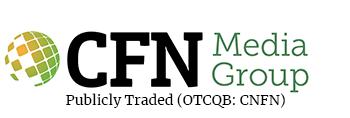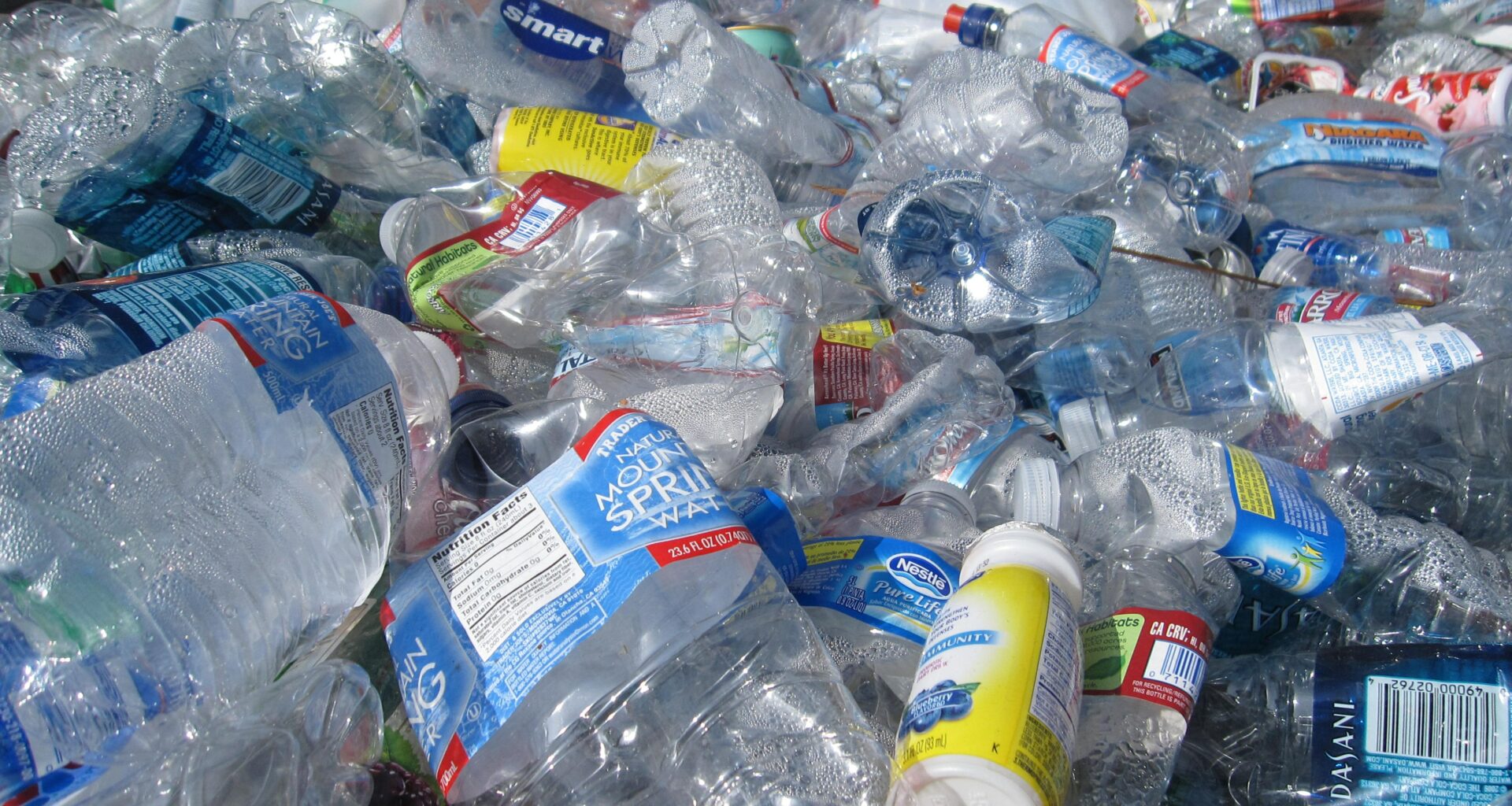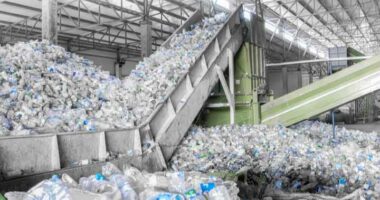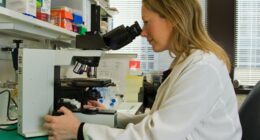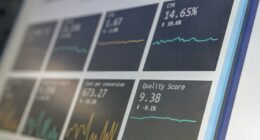In spite of commitments from governments and industry to create a circular economy for plastics, the reality is that only about 10% of plastic is recycled globally. That number may be an overstatement, as even in the most advanced countries, plastic recycling is stagnating while global production of new plastics is on the rise. One study estimates that as little as 5-6% is recycled in the United States and cautions even that number may be inflated. In 2018, China stopped accepting shipments of plastic from the US for recycling. As a result, waste plastic exports to China dropped from 3.68 billion pounds in 2017 to 1.21 billion pounds in 2021.
Even when China took US plastic, there was no evidence it was being recycled. Since the change, US and North American recyclers have not made up for the lost capacity, nor are they expanding domestic capabilities. A Greenpeace investigation looked at #5 plastic, or polypropylene (PP). PP is used for clear plastic beverage cups and food containers and makes up about 16% of all plastics produced yearly. While 52% of recycling facilities in the US accepted #5 plastic, less than 5% of it was recycled, while the rest went to a landfill.
One Canadian company is currently introducing its innovative technology to the market after years of research and fine-tuning, and results indicate the new system is a significant advancement. The company is Aduro Clean Technologies Inc. (CSE: ACT) (OTCQX: ACTHF) (FSE: 9D50), and the water-based chemical recycling technology is called Hydrochemolytic™ Plastic Upcycling. Aduro believes its system can recycle the vast majority of plastic types with minimal sorting, reduced CO2 emissions, less energy consumption, and highly efficient yields.
Watch a 4 minute episode of Viewpoint with Dennis Quaid, featuring Aduro Clean Technologies and its advancements that can help enable a circular plastic economy.

Recent Test Results
Aduro is currently operating its Customer Engagement Program, an extended pre-commercial test run of sorts in which potential customers provide a wide variety of plastic feedstocks to be upcycled into usable products. Aduro is able to refine its processes while demonstrating capabilities to potential customers that include major multinational petrochemical companies.
Having conducted over 240 test runs in the last few months, the company recently shared a sampling of its results. In this case, the feedstock consists of waste polypropylene, the #5 type of plastic that accounts for 16% of global plastic production. Aduro reported some very promising results:
- Less than 5% of input ends up as non-recyclable material (carbon and fuel gas)
- Up to 95% of the carbon in polyolefin feedstock is converted into potential hydrocarbon feedstock for the production of new plastics and/or other chemicals.
- All feedstock is highly saturated, avoiding the need for costly post-hydrogenation.

“This update outlines to our stakeholders and industry partners some of the results that we have achieved on our recent runs with recycled polypropylene. The exceptional test results confirm our assessment that the majority of the polymer substance is converted into a fungible product and the CO2 footprint of the process is exceptionally low,” commented Ofer Vicus, CEO at Aduro. “It’s a clear demonstration of HCT’s ability to outperform traditional chemical recycling methods, potentially offering a sustainable solution with strong environmental and economical benefits to our customers.”
“Our Hydrochemolytic™ Technology is not just a step forward; it’s a leap into the future of chemical recycling,” said Eric Appelman, CRO at Aduro. “Current test results have shown that HCT is capable of transforming the recycling landscape, making the impossible possible by turning mixed and contaminated plastics into high-value resources, and opening the door to chemical recycling to process higher volumes of waste plastics as a competitive source of carbon.”
“Achieving less than 5% carbon loss to methane and char in our tests is not just a technical success; it’s a monumental step towards sustainable plastic management,” added Eric Appelman. “This level of carbon recovery efficiency positions HCT as a pivotal technology in the fight against plastic waste and carbon footprint reduction.”
The Advantages of Hydrochemolytic™ Technology
Hydrochemolytic™ Technology, or HCT, is the water-based platform technology that Aduro uses to recycle and upgrade plastics, at which point it is called HPU. HCT is also capable of upgrading heavy bitumen into lighter and more valuable crude oil, a process that is called HBU. It can even turn renewable oils like waste food oils into higher value fuels and renewable chemicals. But the HPU segment of the business is the closest to full commercialization, offering distinct advantages over current mechanical and advanced chemical processes.
- The HCT technology filters out problematic resins and contaminants that hinder current approaches.
- HCT can process polypropylene, polyethylene, and polystyrene, making up 70% of municipal plastic waste.
- HCT produces a very high yield of valuable liquids from plastic, which can be used to create new plastics and various other chemical products.
- The technology’s modular design is adaptable to applications of almost any size, from small remote locations to large municipalities and chemical plants.
In essence, HPU appears to overcome most of the challenges facing current plastic recycling technologies. HPU needs minimal sorting and filtering, requires less input volume to make it economically feasible, uses less energy, creates less emissions, offers a higher yield, and works with a wider variety of plastic types than anything else on the market.
Commercialization Underway
Aduro is currently working with a continuous flow processor for its demonstrations, which can be seen in the Viewpoint segment linked above. While continuing its customer engagement and testing processes, some of which the company is paid for, Aduro’s next step will be constructing a commercial-scale pilot plant in the next year. Aduro is limited in what they can say publicly about these customer engagements and relationships. Potential clients want to remain anonymous at this stage, and technical information gathered from the testing process is only offered in vague terms. In fact, the recent announcement of the polypropylene results provided the greatest level of detail and insight into HPU’s effectiveness to date.
Keep an eye out for further developments, including potential customer engagements, partnerships, more testing results, construction of new facilities, and even revenue announcements, as Aduro Clean Technologies continues its timely introduction of a technology that has the potential to alter the massive plastic recycling industry. Aduro and its ~$75 million market cap are poised right now to make a big splash. You don’t want to miss it.
image sources
- tanvi-sharma–4bD2p5zbdA-unsplash: Photo by tanvi sharma on Unsplash
